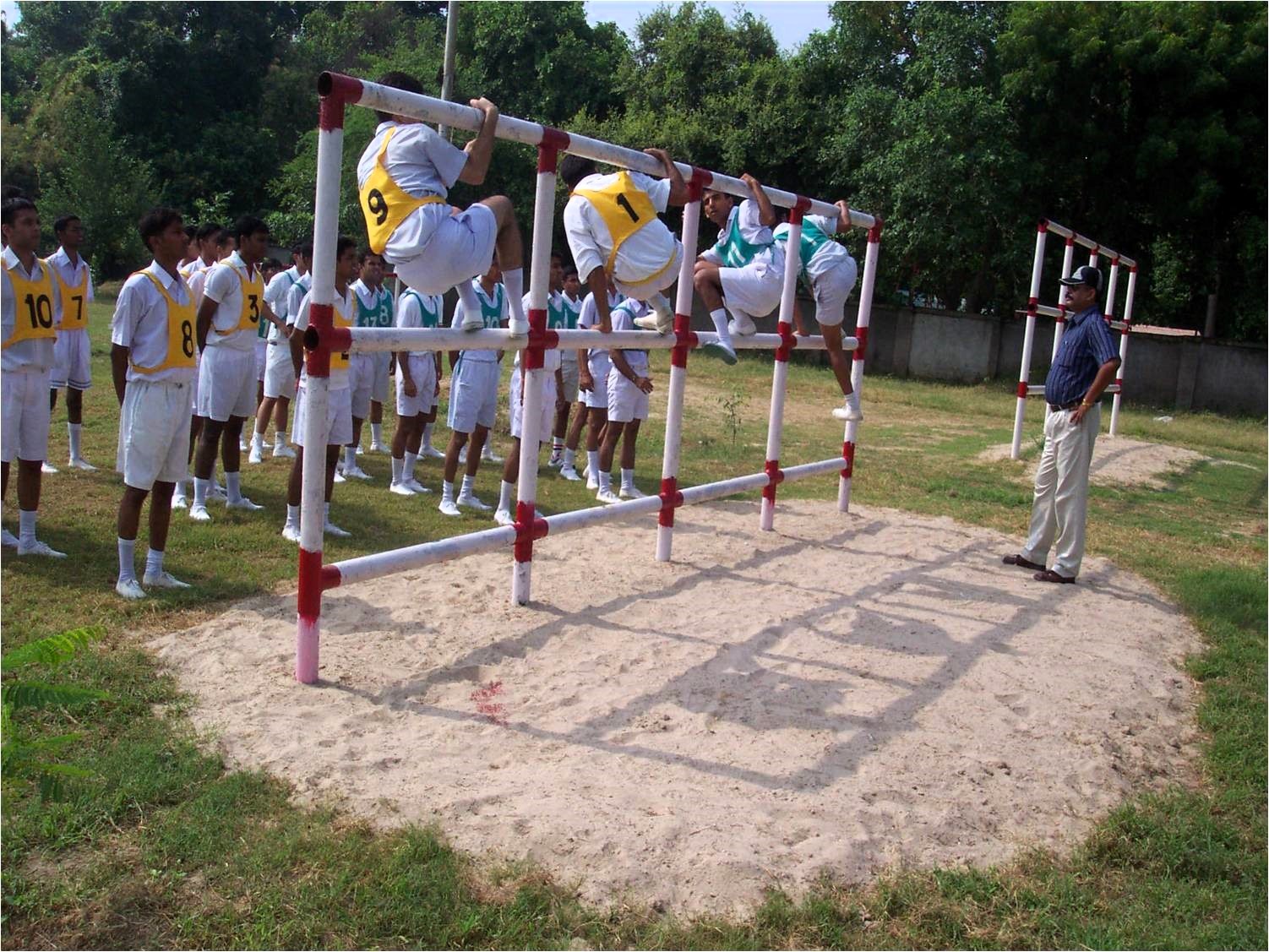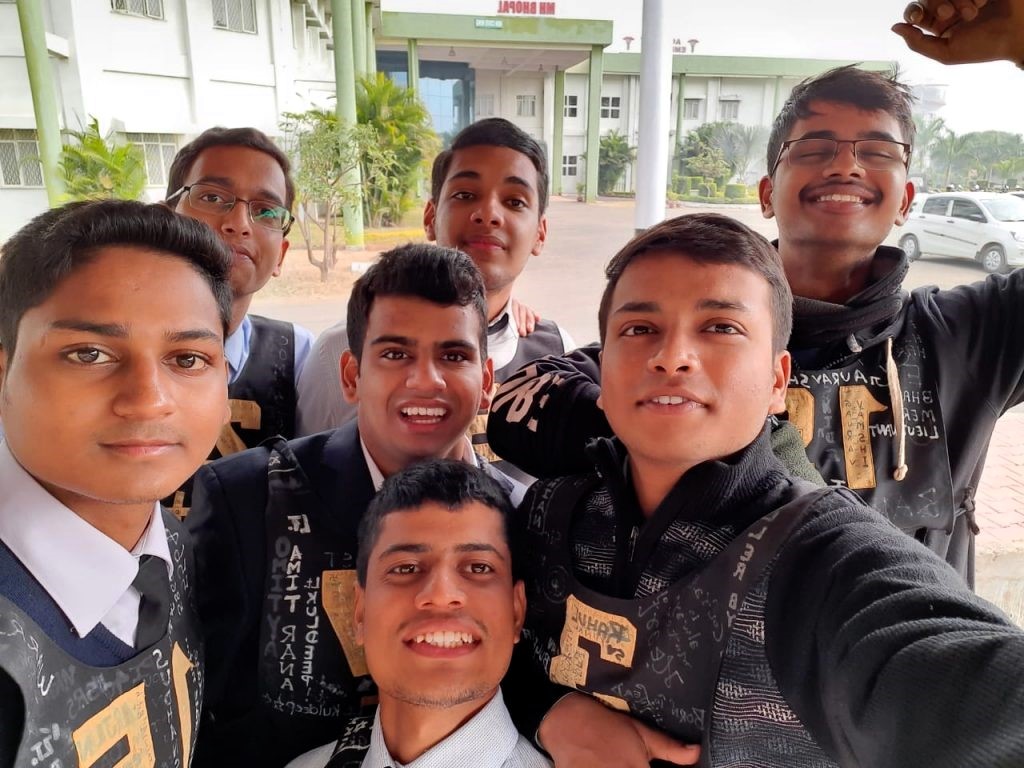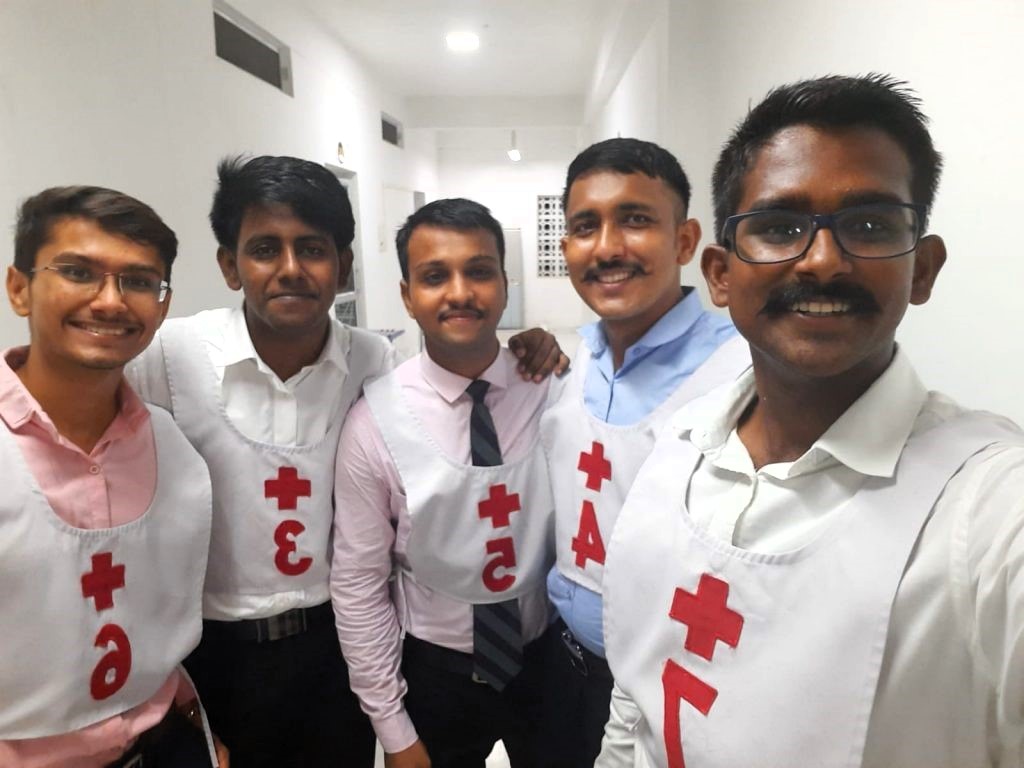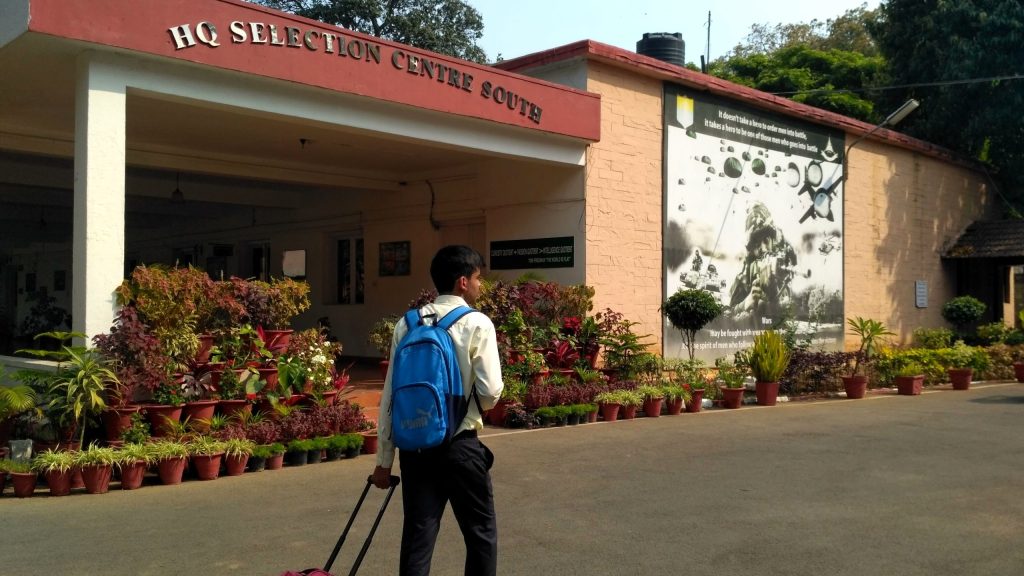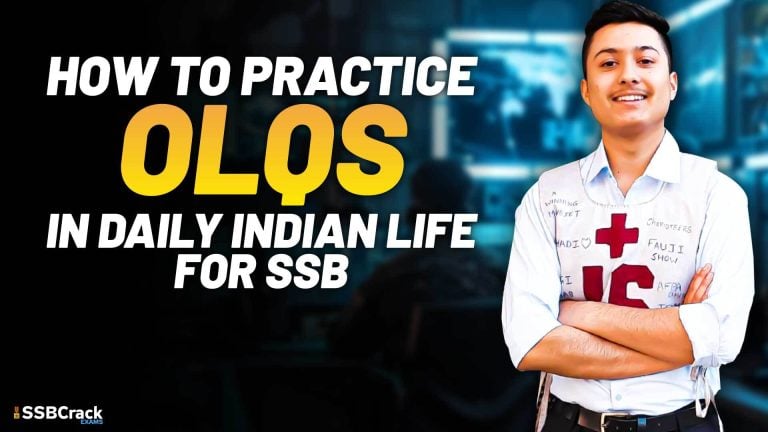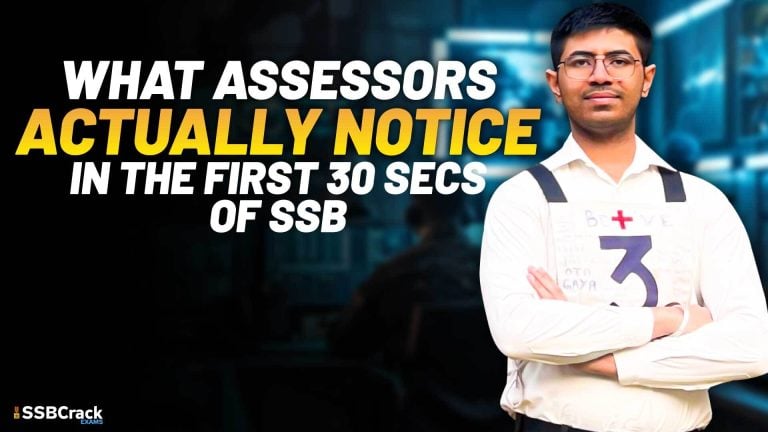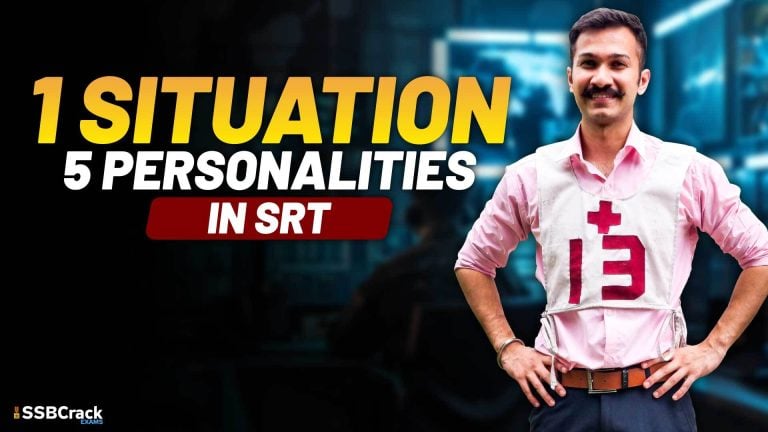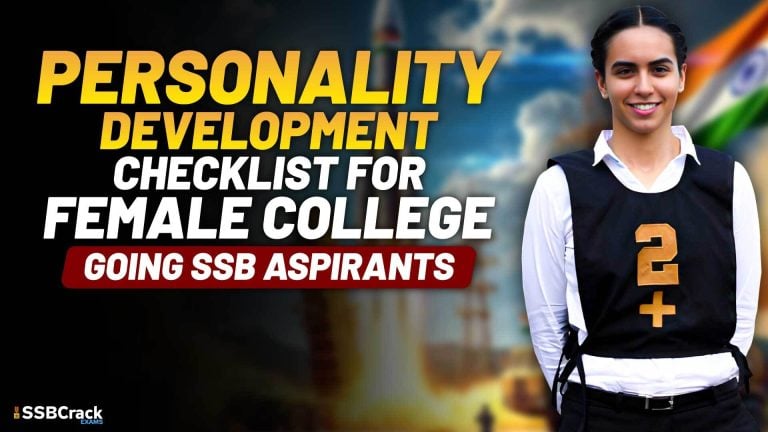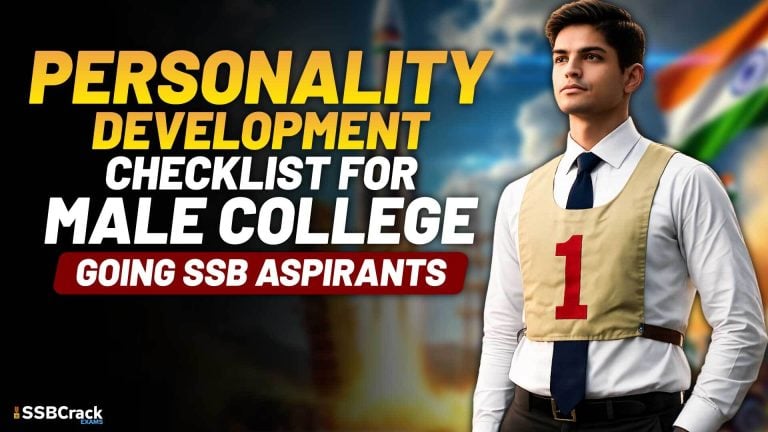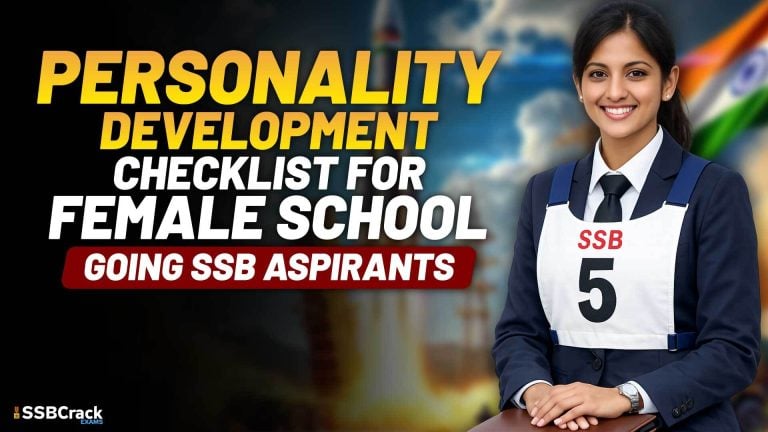In the realm of India’s defense forces, the Service Selection Board (SSB) holds a pivotal role in identifying and nurturing the future leaders who will safeguard the nation’s security interests. Abbreviated as SSB, this institution stands as a gateway for aspirants seeking officer positions within the Indian Armed Forces. Aspiring candidates undergo a rigorous evaluation process designed to gauge their suitability, encompassing various facets of their personality, intellect, and physical aptitude. Let’s delve deeper into the intricacies of SSB, understanding its significance, selection process, and the attributes it seeks in potential candidates.
Unraveling the Full Form: Service Selection Board
Definition and Purpose
The full form of SSB elucidates its essence as the ‘Service Selection Board.’ Established with the mandate to meticulously select individuals for officer roles, the SSB undertakes a multifaceted approach to assess candidates’ competency. Its primary objective revolves around identifying individuals endowed with the requisite leadership qualities, mental acumen, and physical fitness necessary for serving in the Indian Armed Forces.
Selection Procedure Overview
The Service Selection Board orchestrates a comprehensive five-day selection procedure, meticulously designed to scrutinize candidates from diverse perspectives. Let’s dissect each phase of this evaluative journey:
Screening and Testing
- Day 1: Screening: Candidates commence their journey with a screening test followed by the Picture Perception & Discussion Test (PP&DT) and the Officer Intelligence Rating (OIR) test.
- Day 2: Psychological Assessment: This phase entails psychological tests such as the Thematic Apperception Test (TAT), Word Association Test (WAT), Situation Reaction Test (SRT), and Self-Description Test (SDT) to gauge the psychological suitability of candidates.
Group Testing and Interview
- Day 3: Group Testing – I: Candidates partake in various group activities including group discussions, group planning exercises, progressive group tasks, and group obstacle races.
- Day 4: Group Testing – II: The evaluation continues with additional group tasks, individual obstacles, command tasks, and a final group task. Personal interviews are also conducted intermittently during this phase.
- Day 5: Conference: The final day witnesses a collective decision-making process wherein the assessors confer to determine the suitability of each candidate based on their cumulative assessment throughout the selection process.
What is SSB Interview process [Fully Explained]
SSB Selection Criteria: Delving into Attributes
Intelligence Evaluation
The Service Selection Board employs diverse evaluation methods to assess candidates’ intelligence quotient, reasoning abilities, and cognitive prowess. The Officer Intelligence Rating (OIR) test serves as a preliminary benchmark to gauge candidates’ intellectual aptitude.
Leadership Assessment
Leadership, a quintessential attribute for military officers, undergoes meticulous scrutiny during the Service Selection Board process. Through group tasks, individual interviews, and command tasks, candidates’ leadership potential, decision-making prowess, and ability to function effectively under pressure are evaluated.
40 SSB Interview Questions That You Will Face
NCC 56 SSB Interview Dates Out
How To Prepare for the SSB Interview in 2024
Personality Evaluation
The evaluation extends beyond cognitive and leadership realms to delve into candidates’ personality traits. Psychological tests and interviews aim to unravel aspects such as motivation, resilience, emotional maturity, and the ability to maintain composure amidst adversities.
Physical Fitness Appraisal
Acknowledging the physical demands of military service, the Service Selection Board includes medical examinations to ascertain candidates’ physical fitness levels. These assessments ensure candidates possess the requisite stamina and endurance to endure the rigors of military training and service obligations.
How To Maintain Physical Fitness For SSB Interview
Full Form of OLQ, Check Top 10 Officer Like Qualities
How To Implement OLQs In Yourself For SSB
SSB: Beyond Full Form
Operational Overview
With 13 SSB boards dispersed across the nation, the selection process accommodates candidates from diverse geographical locations. Furthermore, candidates are sourced through various entry channels, including direct entries such as TES, TGC, UES, SSC Tech, and through written exams like CDS, NDA, TA, INET, and AFCAT.
Importance Of 15 Officers Like Qualities (OLQs) in SSB Interview
SSB Interview Procedure
The interview process unfolds through a meticulously structured itinerary spanning five days, each dedicated to specific evaluation domains. From psychological assessments to group dynamics and personal interviews, every facet of a candidate’s persona undergoes rigorous scrutiny.
Conclusion
In essence, the Service Selection Board encapsulates the essence of India’s defense ethos, endeavoring to identify and cultivate the finest officers to lead the nation’s armed forces. Beyond its full form, Service Selection Board stands as a beacon of excellence, shaping the destiny of aspiring candidates and fortifying the nation’s defense apparatus with capable leaders. As candidates embark on this transformative journey, the Service Selection Board remains steadfast in its commitment to upholding the highest standards of selection, ensuring that only the best and brightest serve the nation with honor and distinction.
FAQs
1. What does SSB stand for?
SSB stands for Service Selection Board.
2. What is the role of the Service Selection Board?
The primary role of the Service Selection Board is to select candidates for officer positions in the Indian Armed Forces through a rigorous evaluation process.
3. What is the selection procedure conducted by the SSB?
The Service Selection Board conducts a five-day selection procedure that includes screening tests, psychological assessments, group tasks, personal interviews, and a final conference to determine the suitability of candidates.
4. What are the stages of the SSB selection process?
The Service Selection Board selection process comprises two stages:
Stage I: Screening and Testing
Stage II: Group Testing and Interview
5. What are some of the tests conducted during the SSB selection process?
Tests conducted during the Service Selection Board selection process include the Picture Perception & Discussion Test (PP&DT), Officer Intelligence Rating (OIR) test, Thematic Apperception Test (TAT), Word Association Test (WAT), Situation Reaction Test (SRT), and Group Testing tasks.
6. What attributes does the SSB assess in candidates?
The Service Selection Board assesses various attributes in candidates, including intelligence, leadership potential, personality traits, and physical fitness.
7. How many SSB boards are there in India?
There are a total of 13 SSB boards spread across different locations in India.
8. How can one apply for the SSB interview?
Candidates can apply for the Service Selection Board interview by clearing written exams such as NDA, CDS, AFCAT, INET, and TA, or through direct entries like TES, TGC, UES, SSC Tech, among others.
9. What happens after the Service Selection Board interview?
After the SSB interview, candidates undergo further medical examinations. Those who clear the medicals and make it to the merit list are selected for officer positions in the Indian Armed Forces.
10. What qualities does the Service Selection Board look for in candidates?
The Service Selection Board looks for qualities such as effective intelligence, leadership skills, cooperation, responsibility, positive attitude, self-confidence, problem-solving abilities, and effective communication skills in candidates. These attributes are collectively referred to as “Officer Like Qualities (OLQs).”
